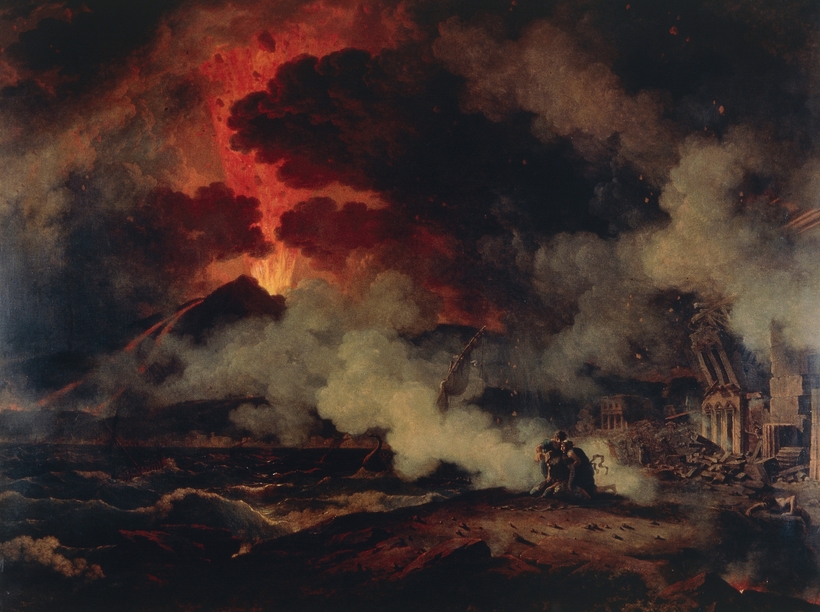The Shadow of Vesuvius: A Life of Pliny by Daisy Dunn
Today, letters are for thanking, consoling, and brownnosing, not for thoughtful exchanges, self-expression, or, God forbid, posterity. Pity the biographer of the future and their degrading slog through the semi-literate online alternative. Nearly 2,000 years ago, the patrician Roman lawyer Pliny the Younger (circa 61–113 A.D.) wrote letters as if his legacy would depend upon them. And wisely so—for it did.
Pliny’s further claims to fame were kinship with his impossibly accomplished uncle, Pliny the Elder (circa 23–79 A.D.), and his eyewitness account of the volcanic eruption that took his uncle’s life. Daisy Dunn’s clever, engaging biography The Shadow of Vesuvius opens with the latter event.


